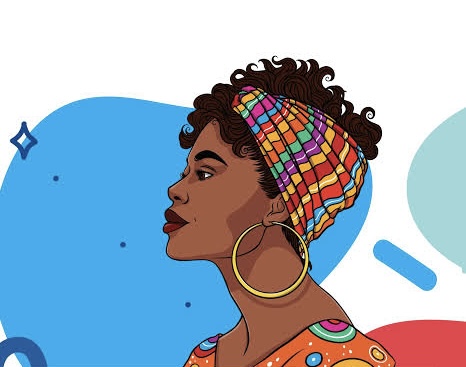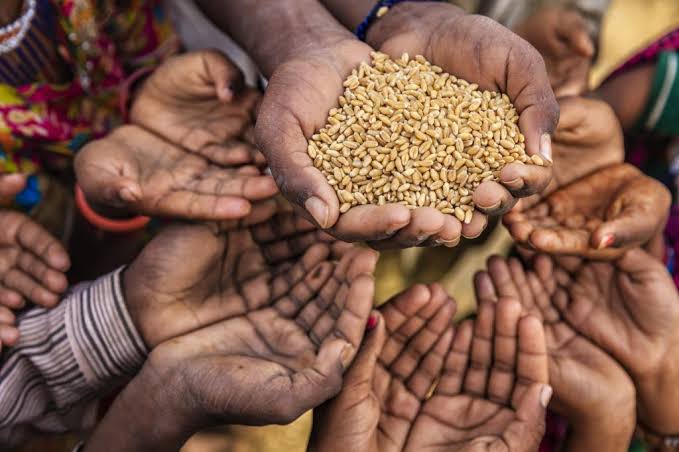
Faith Nyasuguta
Discriminatory family laws across parts of Africa are hindering progress on women’s rights, according to new research by the human rights organization Equality Now.
The study examined family law and practices in 20 African countries, finding that while there has been progress over recent decades, significant inequalities persist in marriage, divorce, child custody, and inheritance and property laws.
The report highlighted issues with pluralistic legal systems, where statutory legislation exists alongside customary and religious laws, complicating interpretation and application.
Although the majority of countries have ratified protocols guaranteeing strong rights and protections for women, such as the Protocol to the African Charter on the Rights of Women in Africa (the Maputo Protocol) and the UN’s Convention on the Elimination of All Forms of Discrimination Against Women, disparities remain.
In some African countries, marital rape is not criminalized, and women cannot petition for divorce or are denied inheritance rights. In nations like Algeria, Cameroon, and Nigeria, women receive less inheritance than men. Advocates for change argue that family laws have not kept pace with social changes, including shifts in family responsibilities and increased divorce rates.

There have been successes across the continent, such as raising the legal age for marriage to 18. Countries including the Democratic Republic of the Congo, Kenya, and Mozambique have banned child marriage. However, Cameroon, Senegal, and Tanzania still permit it. In Nigeria, despite outlawing child marriage in 2003, the practice persists in the northern regions, where about 50% of girls are married before 18.
Esther Waweru, report co-author and senior legal adviser at Equality Now, said, “Culture and religion frequently act as major impediments in the struggle for family law equality, stalling reforms. Claw-back clauses water down the full impact of some progressive laws, and we are now witnessing backlash from anti-rights movements seeking to reverse hard-won gains made in ending harmful practices such as child marriage and female genital mutilation.”
“Stagnation is also a problem, with governments pledging to reform discriminatory laws but failing to take meaningful action. In some instances, progressive family codes have remained in limbo for decades, awaiting enactment.”
Hadiza Dauda, 37, from the northeastern Nigerian city of Bauchi, has experienced discriminatory customary laws firsthand. Married at the age of 12, which led to early motherhood, Dauda became a widow in 2020. Her in-laws pressured her to marry her brother-in-law, threatening to take custody of her children and evict her from her home if she refused.
With the assistance of Women for Women, an organization that educates marginalized individuals about their rights, Dauda reclaimed her land. She now works as a community activist, advocating against forced marriage and widow evictions in her hometown.
“These practices really affect women negatively,” she said. “Those that don’t know what to do fall into poverty, doing all sorts of menial jobs to feed their families. Others go into depression, not knowing where to start from. I didn’t have a choice on when to get married, or when and how to give birth, but we are saying women must have a say, and this needs to change.”
Dauda’s story emphasizes the urgent need for reform and the importance of organizations that support women’s rights.

The Equality Now report calls for governments to take meaningful action to reform discriminatory laws and ensure that progressive family codes are enacted and implemented effectively. The struggle for gender equality in family laws continues, but with sustained advocacy and support, there is hope for significant progress.
RELATED:




